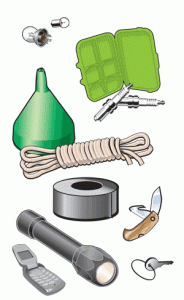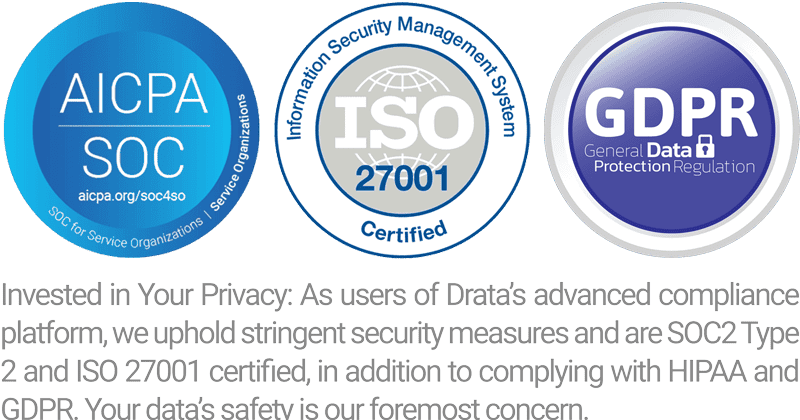Why Lead Nurturing is Essential to Sales
 Not all leads are created equal. Some are one-off sales who buy as a result of direct response marketing. Others research available options and select their choice. And there are some that require a little hand-holding in order to get them to buy. Lead nurturing provides a way to cultivate those buyers into sales-ready prospects. It’s important to understand why lead nurturing is essential to sales.
Not all leads are created equal. Some are one-off sales who buy as a result of direct response marketing. Others research available options and select their choice. And there are some that require a little hand-holding in order to get them to buy. Lead nurturing provides a way to cultivate those buyers into sales-ready prospects. It’s important to understand why lead nurturing is essential to sales.
According to marketing studies, only 3% to 5% of all inquiries are sales-ready. That means 95% to 97% are not sales-ready. Moreover, 50% of qualified leads aren’t ready to purchase at the time they are first engaged through marketing content. The duration of a buyer’s decision-making process can take days, weeks, months and sometimes years and many products engender multiple marketing engagements and sales attempts before a commitment to purchase is made. This means your marketing efforts must engage leads multiple times to move a prospective buyer through the buying cycle. Experts estimate B2B buyers need approximately 7 to 9 touches before they’re ready to buy.
This is why lead nurturing is essential to a productive sales department.
Surveys show 80% of leads passed from marketing to sales gets lost, discarded or ignored. If half of that 80% were nurtured to the point of accepting a sales engagement, how many leads could be retained instead of slipping to a competitor? For example, if a marketing campaign generated 100 leads then 40 qualified prospects could be engaged to a point where they are more likely to make a purchase decision in your favor. And with a marketing automation system, it becomes easy to maintain engagement and prioritize leads as they are nurtured.
Lead nurturing doesn’t mean beating prospects over the head with promotions; it requires a thoughtful communication strategy that provides prospects with a non-intrusive way to explore your offer. Email messaging can be effective (if used appropriately). Free white papers or newsletter subscriptions are also productive lead nurturing techniques. If used effectively, the process should persuade prospects to make their own decision through their internal buying processes.
If a qualified lead is lost, a business must often work harder to regain that lead with future marketing activities. If they have already expressed interest in your offer, it makes sense to maintain a connection until they are ready to buy.
Get in touch with us to learn more about how Lead Liaison can re-invigorate your lead management and lead nurturing processes. We welcome the opportunity to further explain why lead nurturing is essential to sales.


